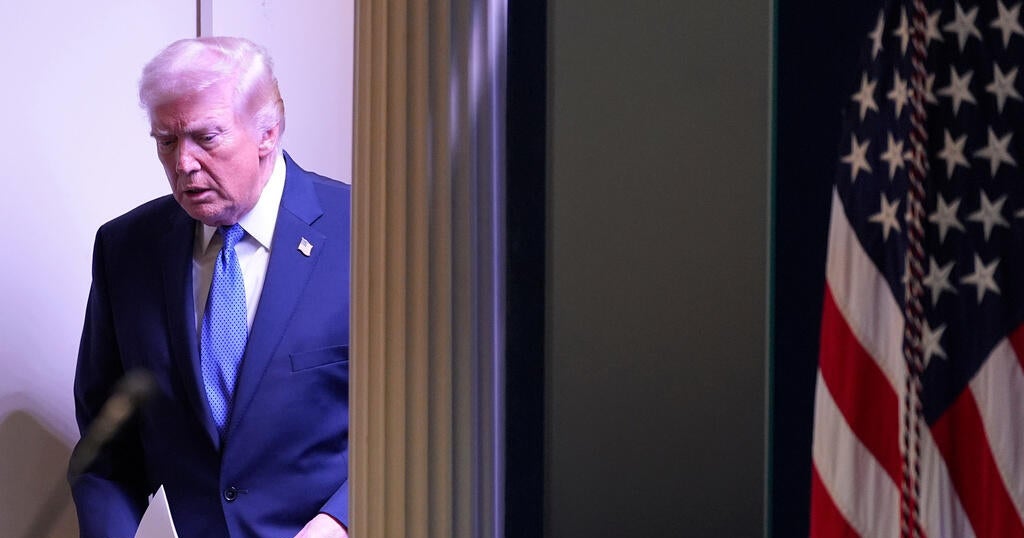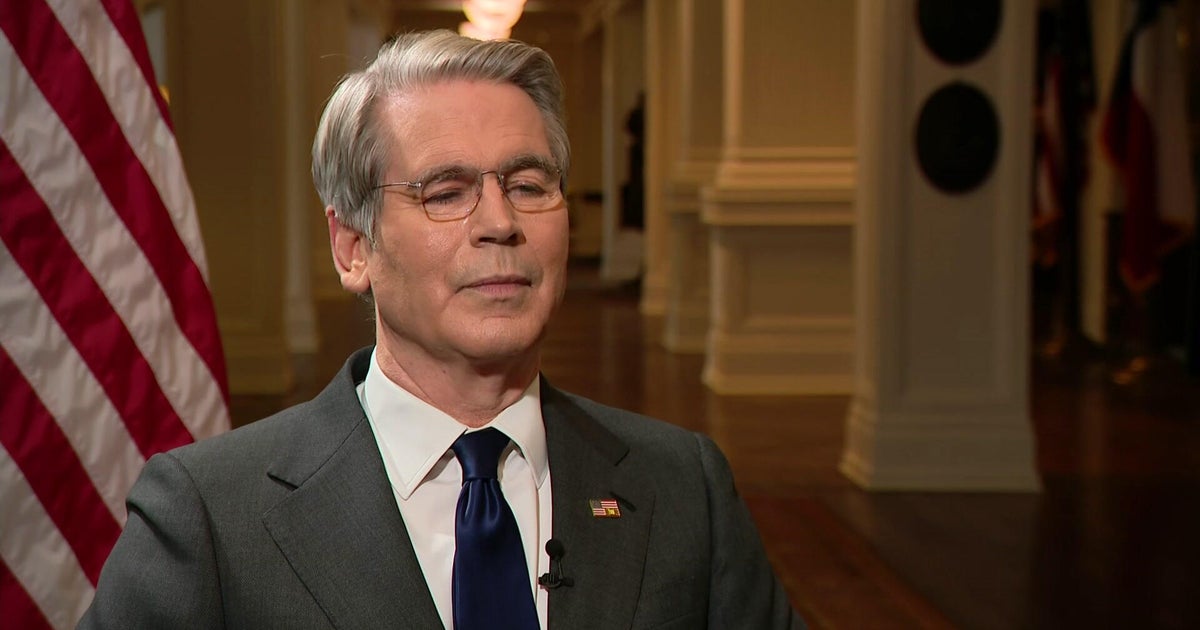China still has "bullets" to fight Trump's trade war
Donald Trump's White House this week escalated its trade war, adding tariffs of 10 percent on another $200 billion on imported Chinese goods effective Sept. 24. That penalty will rise to 25 percent beginning Jan. 1.
China retaliated on Tuesday as promised, following through with its own tariffs on $60 billion in U.S. goods from aircraft to liquified natural gas. That means the U.S. will start work on Mr. Trump's previous threats to impose tariffs on all of the remaining imported goods from China, the U.S.'s biggest trading partner last year. That would mean another $267 billion of Chinese imports would be subject to U.S. tariffs.
Here's the problem for China: The U.S. imports far more Chinese goods than China imports from the U.S. That means China can't directly impose retaliatory tariffs equal to Mr. Trump's promise to hit the remaining $267 billion of Chinese imports because the U.S. simply doesn't export enough goods to China.
That led Commerce Secretary Wilbur Ross in an interview with CNBC Tuesday to say China is "out of bullets" when it comes to tariffs.
But rather than surrender quickly, China could deploy other tactics if the Trump administration follows through and taxes every Chinese good coming into the U.S. While Beijing has taken a measured approach so far in its response, economists and strategists say what happens next is less certain.
"Non-tariff measures are a wildcard, with sales restrictions now a risk," UBS strategist Keith Parker wrote in a note to clients.
Here's a look at some of the possible bullets China still has its disposal:
Regulation and disruption for U.S. companies in China
China's state-dominated and heavily regulated economy gives authorities an arsenal of tools to disrupt U.S. companies by withholding licenses or launching tax, antimonopoly or other investigations. Beijing could also slow down customs clearance, delay visa applications, or use health and safety rules to stifle operations, some economists said.
When Beijing rejected Qualcomm's purchase of rival NXPI, it showed a "willingness to use regulatory action against the US," Height Capital analyst Clayton Allen wrote in a note.
U.S. companies have long complained that China can make it difficult for them to access its massive market and sometimes doesn't play fair under global trade rules. But most don't support tariffs as a way to prompt better behavior from Beijing.
Consumer boycotts
China's state-controlled media previously encouraged consumer boycotts against Japanese and South Korean products over disputes with those countries, a signal they could take similar actions against U.S. companies.
Last year, the Chinese government closed most of South Korean retailer Lotte's supermarkets in China after the company's sale of South Korean land to be used for an antimissile system inside its own country. Chinese leaders opposed the move. Though the relationship was later mended, Lotte sold its China operations.
"President Xi's comment in the summer that China 'punches back' appeared to be a threat that U.S. firms could be targeted for regulatory harassment and consumer boycotts as Japanese and Korean firms have been in previous geopolitical disputes," Mark Williams, chief China economist for Capital Economics, said in a note this week.
Restrict or block some exports, like rare earth metals
China supplies roughly 78 percent of the rare-earth metals used in the U.S. to manufacture batteries that power products from hybrid autos to consumer electronics, according to Bloomberg.
China's 2010 block on rare earth exports to Japan "shows a willingness to restrict exports," Height Capital's Allen noted. Perhaps that's one reason some of those materials were taken off the the hit list in latest round of $200 billion in U.S. tariffs.
Shift trade relationships to other areas
Chinese billionaire Jack Ma, Alibaba Group's chairman, told investors the trade war will last longer than most think. He urged China to strengthen its economy and shift trade relationships to areas like Southeast Asia and Africa, according to Bloomberg.
"Short term, business communities in China, U.S., Europe will all be in trouble," Ma said, according to Bloomberg. "This thing will last long. If you want a short-term solution, there is no solution."
Shore up domestic industry
Policymakers in Beijing are likely to temper about half of the U.S. tariff impact by stoking domestic demand, including "easing of monetary and fiscal policy" already begun in the second quarter, Louis Kuijs, Oxford Economics' lead Asia economist, wrote in a note.
Such measures could include lower income taxes, calls for lower social insurance contributions, "higher export-tax rebates, more infrastructure financing and encouraging banks to expand lending," Kuijs wrote.
Slow investments in the U.S.
One response to the trade war from both U.S. and foreign companies is to think twice before investing to expand in the U.S. "Companies that rely on global supply chains will likely hold off investment decisions given the uncertainty around tariffs," Moody's wrote.
Already, foreign direct investment in the U.S. has slowed dramatically under President Trump, Adam Posen, president of the Peterson International Institute, argued in a piece last month for Foreign Affairs.
-- The Associated Press contributed to this story.



